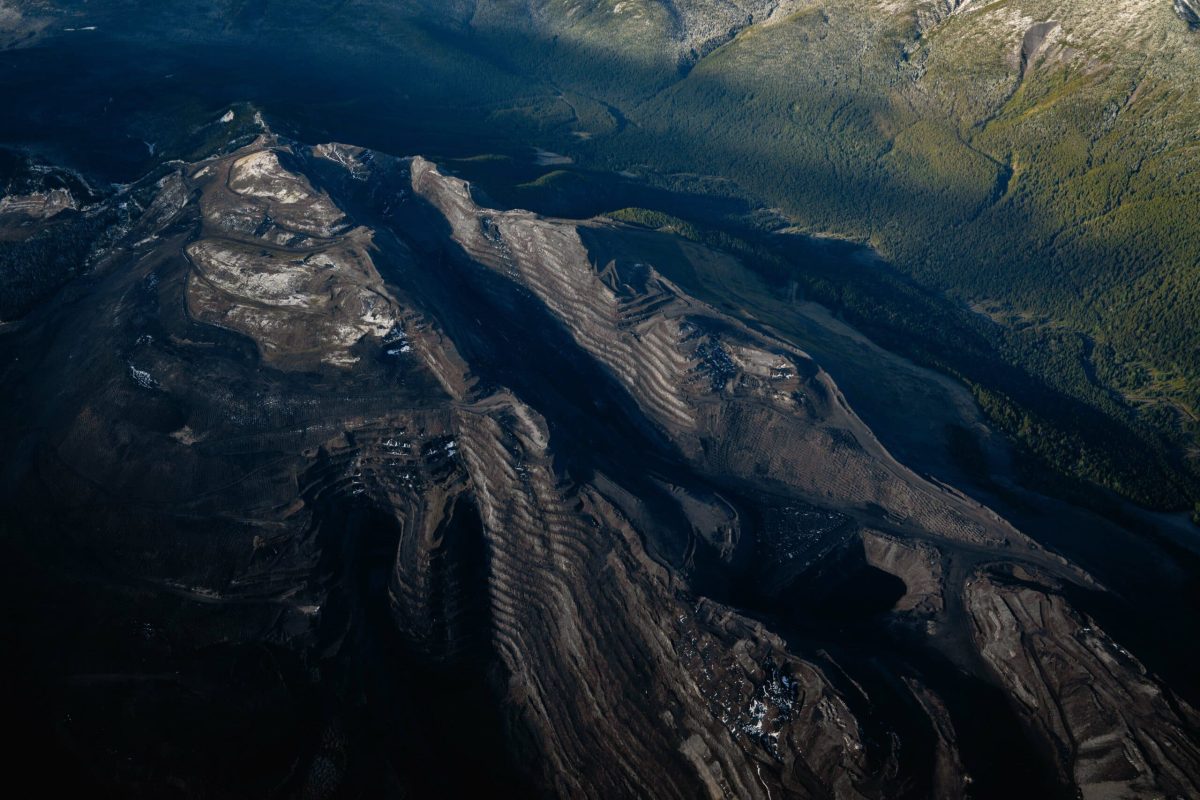The coal business in Canada produces coal for application in metallurgical and thermal purposes. Some energy suppliers not only utilize coal to generate electricity, but they also own coal plants or are engaged in coal production.
With 6.6 billion tonnes of exploitable coal reserves, coal is without a doubt Canada’s most common fossil fuel. Anthracite, bituminous, sub-bituminous, and lignite coal resources can be found in Canada.
Canada has 24 coal mines, the majority of which are in the country’s west. More than 90% of Canada’s coal reserves are located in western regions, giving a strategic advantage due to easy access to west coast port facilities.
Surface mining, whether strip or open pit, accounts for a substantial portion of coal production in Canada. Strip mining is simply put a limited use of the land, and restoration work can take place alongside mining. When using open pit mining, the pit is filled with earth after it has been mined.
Canada’s coal imports have been moving downward for more than a decade, while exports have remained stable, accounting for around half of its production. The majority of Canadian coal exports are to Asia, which remains a key consumer.
In 2019, Canada shipped 36.5 million tonnes of coal worldwide and purchased roughly 8 million tonnes of coal, the majority of which came from the United States. Canada’s primary export is metallurgical coal.

Coal accounts for 7.4% of energy generation in Canada. With the Government of Canada’s phase-out of coal-fired energy, which will be shut off by 2030. Even then, coal will be employed in metallurgical processes indefinitely.
After reaching a high in 2011, worldwide metallurgical coal prices began to fall until the end of 2016. Prices have since fallen and have leveled off at an average price of US$175 per metric ton in 2019.
Thermal coal prices worldwide followed a similar pattern. The three terminal markets that decide worldwide thermal coal values are widely known as Australia, Colombia, and South Africa.
Mining companies contribute significantly to the local well-being. They support communities in a variety of ways, in addition to business and real estate taxes, salaries, and business purchases, which all boost and strengthen the local economy.
The Canadian coal sector is also dedicated to being ecologically responsible. They are committed to always looking for solutions to reduce or eliminate the environmental impact of coal mining and consumption.
Several years before a mine opens, planning is done to determine how the mine can be returned to the same or improved conditions. Environmental impact evaluations are conducted, public discussions are held, and regulating bodies at the provincial and federal levels conduct detailed reviews.
